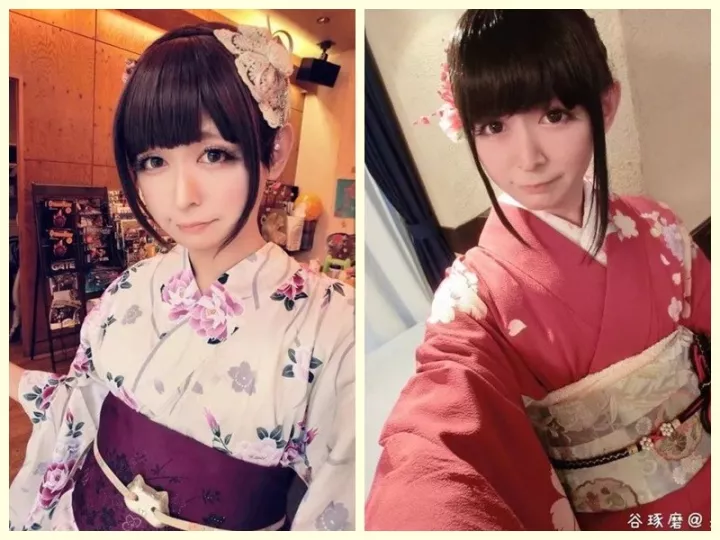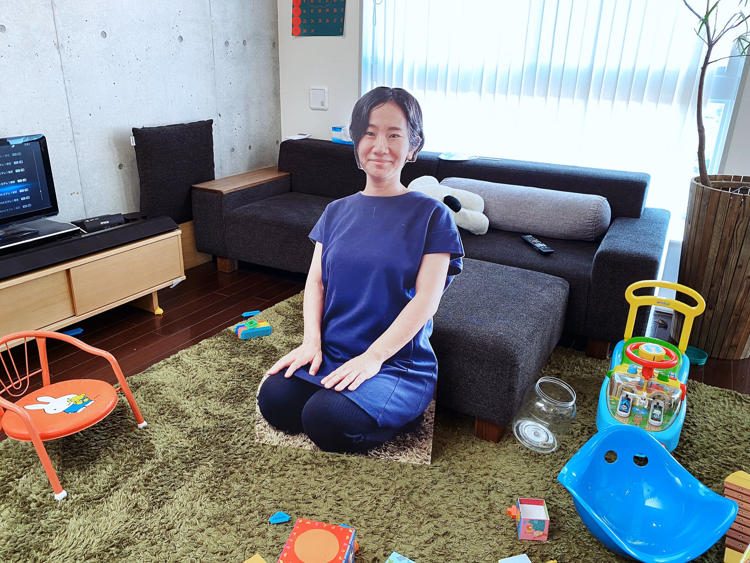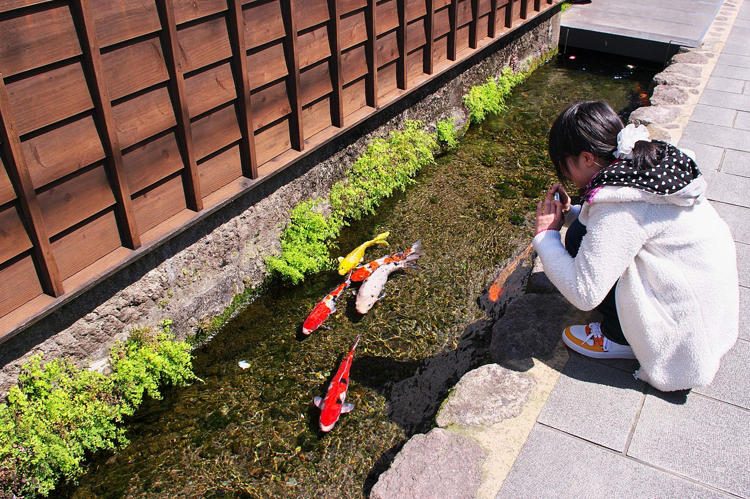Turtles may be cute, but they are also slow and clumsy, which doesn’t really help them when they are trying to cross train tracks. Luckily, for the turtles in Japan’s Hyōgo Prefecture, railway operators and a local aquarium teamed up to find a solution.
Between 2002 and 2014, disruptions of train operation caused by turtles were reported 13 times, with many more probably going unreported. That is why, in 2015, West Japan Railway Co. and Suma Aqualife Park in Kobe joint forces to prevent tragic turtle deaths on the tracks and unnecessary train delay. After running a series of tests and experiments, they came up with a U-shaped ditch that collects the turtles, preventing them from getting stuck between the metal tracks and getting squashed to death.





















